Before India’s independence, caste discrimination and untouchability were practiced in Hindu society. There were many who suffered because of this. One of those who suffered was Dr. Bhimrao Ambedkar, who later went on to become the Father of the Indian Constitution.
During his childhood, Bhimrao was travelling by train with his elder brother to meet his father, Ramji Sakpal. The two brothers got off at a small station called Masur in Maharashtra.
Their father lived far away from the station, so Bhimrao and his brother decided to hire a hand-pulled rickshaw, which was common during those days.
The rickshaw-puller made them sit in his rickshaw and started pulling it. He chatted with the two boys and after some distance, asked, “Children, what is your caste?”
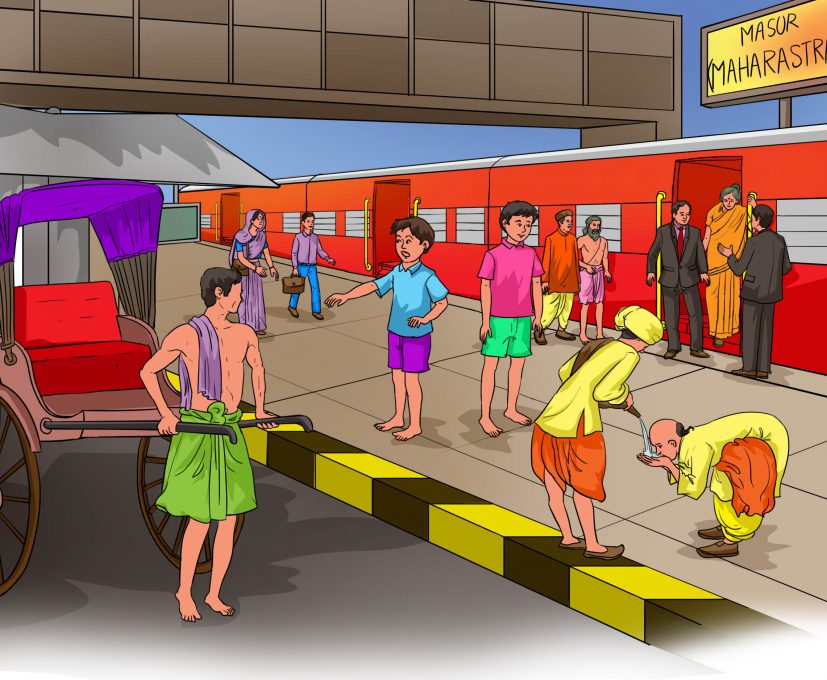 “We are Mahars,” said the boys.
“We are Mahars,” said the boys.
The rickshaw-puller was very angry and gave the rickshaw a violent jerk and both the boys fell off.
The rickshaw-puller began shouting at the boys. “How dare you sit in my rickshaw! You have now polluted my rickshaw!”
A crowd gathered there and more people came as news spread that two Mahar children had sat in the rickshaw and made it unholy for the upper caste.
“What can you expect from such low-caste children?” said someone.
“These untouchables have not only polluted the rickshaw, they have ruined the poor man’s day,” said someone else.
Bhimrao and his brother did not know what to do. No one took their side. All they were told again and again was that being born in a lower caste was a sin.
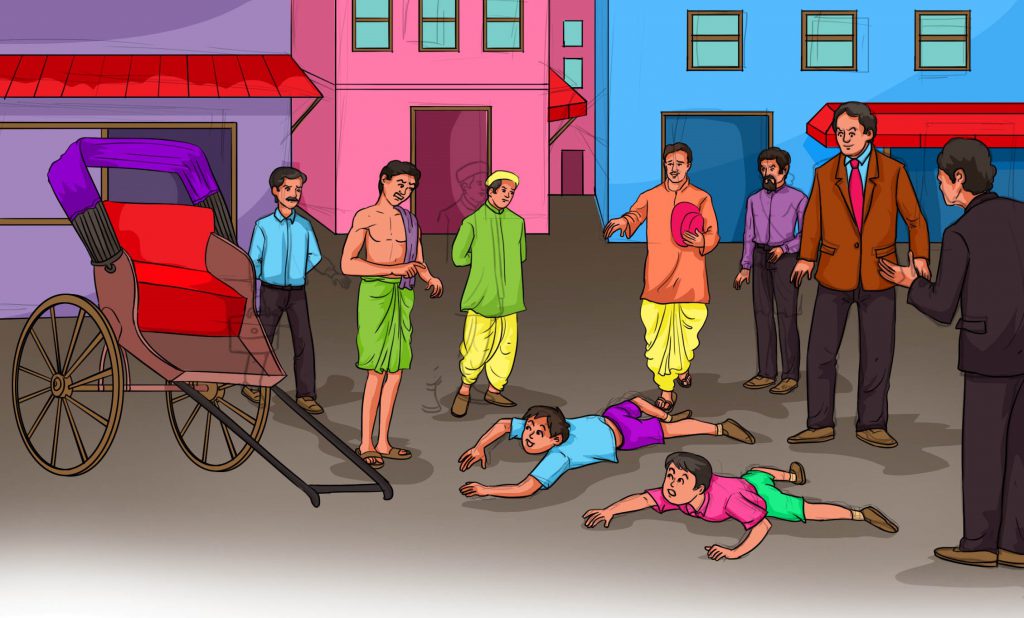 They began getting scared, when the rickshaw-puller began abusing them. After a long time, the crowd moved away and the boys were left alone.
They began getting scared, when the rickshaw-puller began abusing them. After a long time, the crowd moved away and the boys were left alone.
They had no choice now, but to walk to their father’s house. It was hot and dusty. As they walked, the boys began to feel thirsty and tired. But nobody offered them water.
They could not drink water from a well or from the lake as in those days, lower castes were not allowed to touch wells or lakes.
People thought even their touch would pollute the water bodies. So, unless someone poured water for them to drink, the boys had to remain without water.
But since they were so thirsty, Bhimrao forgot all about his caste, drew water from a well and started drinking it.
But before he could drink enough, he heard someone screaming.
The well belonged to the high castes and someone from that caste had seen them drinking water from the well. The bucket and the well both had now become dirty.
Soon, a crowd gathered because of the shouting.
Bhimrao felt he was surrounded by a pack of wolves ready to pounce and eat them up.
The crowd then started discussing how they could recover the cost of the damage done by the boys.
And also they wanted to punish the children for them the crime that was so severe that there was no possible money that the two brothers could give.
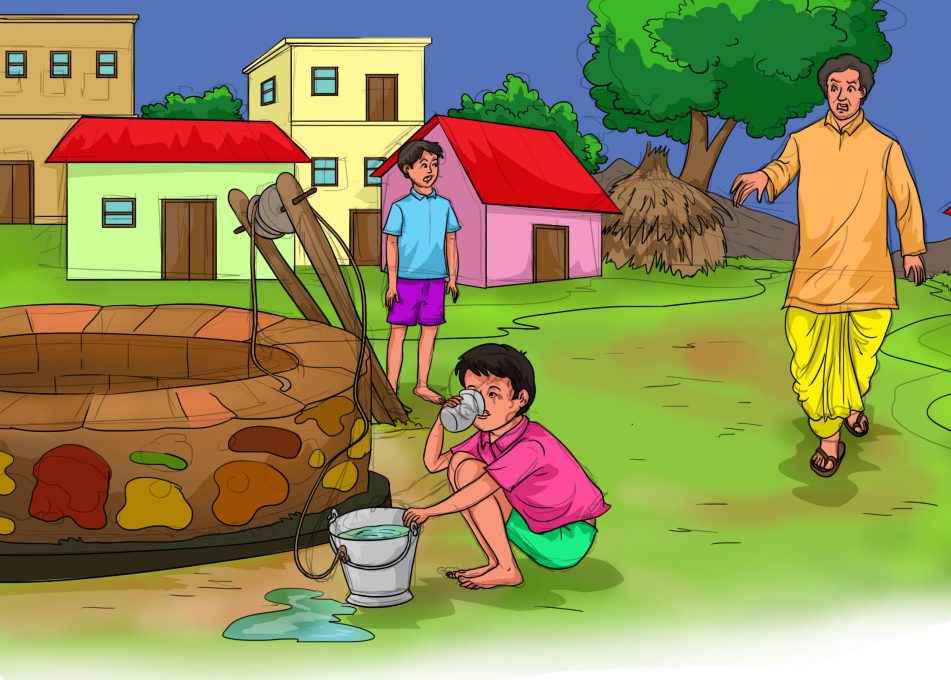 The people began beating the boys. Nobody stopped to think that these were two thirsty children. All that they had done was drank some water, which was a gift of nature. But to the crowd, the boys were low caste and deserved to be beaten.
The people began beating the boys. Nobody stopped to think that these were two thirsty children. All that they had done was drank some water, which was a gift of nature. But to the crowd, the boys were low caste and deserved to be beaten.
Some in the crowd began saying that beating the boys was not enough. They had to be punished even more severely.
They decided to shave the boys heads and some people ran to look for a barber. But in those days, it was difficult to find a barber who would shave the head of a lower caste person!
None of the barbers in Masur agreed to shave the boys’ heads.
The barbers were scared that no one would come to them if they knew that they had touched a lower caste boy.
The two brothers were beaten up badly, and finally managed to escape the angry crowd.
This incident affected Bhimrao deeply. He started thinking about ways to remove the caste system from Indian society.
He realised that education was the only way to free himself and others like him from such horrible injustice.
Bhimrao became a scholar. He became a doctor in 1927 from Columbia University in New York City for his thesis ‘National Dividend of India—A Historic and Analytical Study’.
In 1923, he did further education in Economics from London School of Economics.
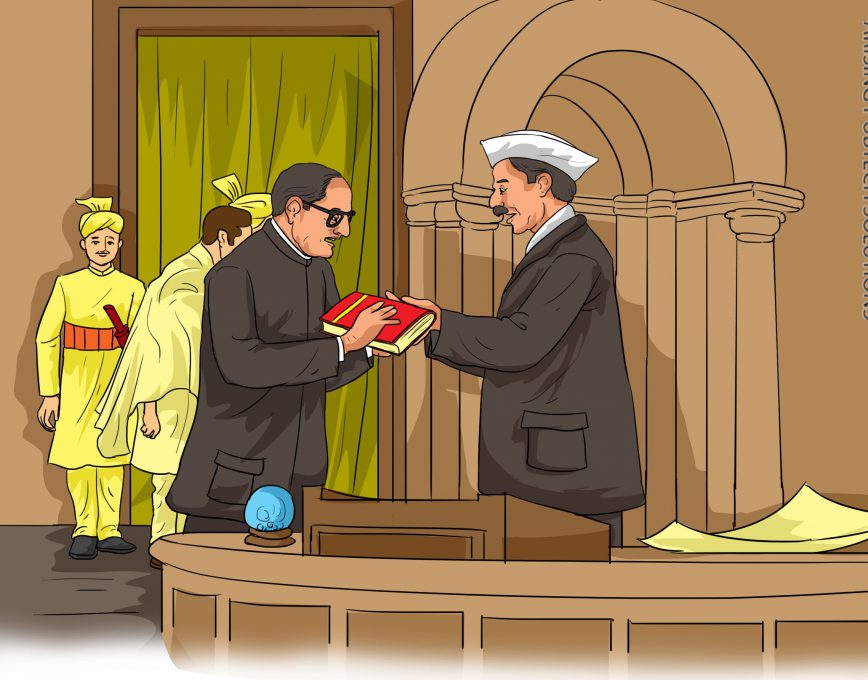 Bhimrao Ambedkar not only drafted the Constitution of India, but he was also India’s first Law Minister.
Bhimrao Ambedkar not only drafted the Constitution of India, but he was also India’s first Law Minister.
To make people aware about how badly lower castes were treated in India, he took part in several revolutions, wrote many books, and edited newspapers.
It was on the principal of equality and friendship, he wanted a new India to emerge from the British rule.
Unfortunately even today, lower caste Indians do not get treated equally. In upper caste houses, they are not allowed to sit on chairs, have to eat from a different plate and they still get badly treated in many other ways as if they are lesser.







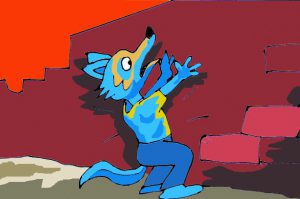

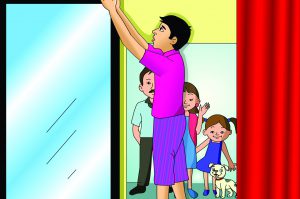
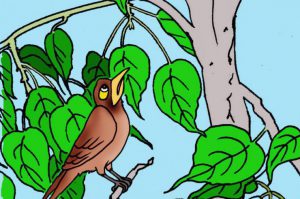

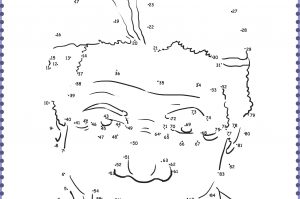

This is very nice idea of champak it is very useful for me thank you
very very nice story i like it